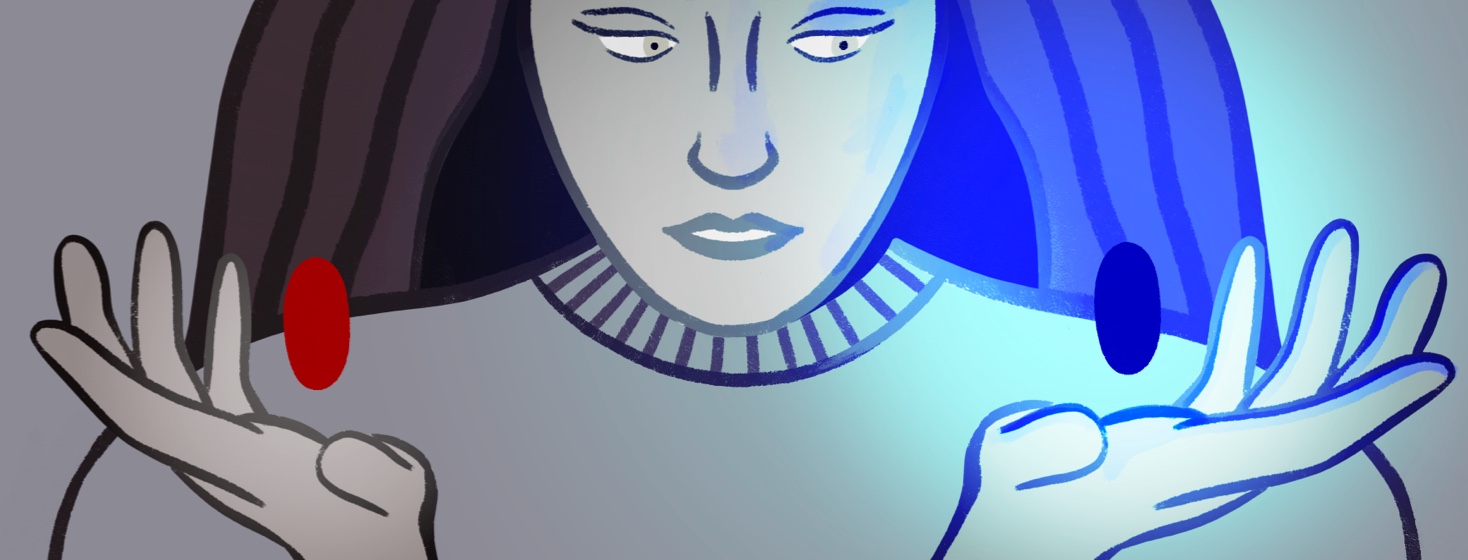Other Medications’ Impact on the Effectiveness of Seizure Meds
I’ve shared about the challenges that can arise from medication side effects. There is another side to medication side effects than how they impact your own body.
Currently, I’m facing gallbladder issues as a side effect of hyperemesis during my last pregnancy. My daughter came out super cute and happy, but she did some damage while I was pregnant.
Postponing surgery for healing and medication safety
Unfortunately, I must postpone the surgery due to the strain on my abdominal wall from excessive vomiting. The surgeon said that my abdominal wall must heal before I can have surgery to remove my gallbladder. The surgeon has placed me on a strict diet, given me stretches to perform daily, and provided medication for my abdominal spasms.
After she told me that she was going to give me medication for my spasms, she stopped speaking for a moment and stood up. Then she said, “Let me make sure that the medication won’t lower the threshold of your Lamotrigine.”
As she opened the door, she added, “You know that some medications can do this?” I nodded my head, and she walked out of the room. I am so thankful for her pause and the extra effort she made to make sure that my seizure would not return while she tried to help my body heal in another area. I am also grateful that she was making sure I understood that some medications can hurt my current status of being seizure-free with medication.
This or That
Was your epilepsy caused by a head or brain injury?
What medication interactions mean for treatment
This scenario is quite common. When I was in my teens to mid-twenties, I wasn’t aware that certain medications could impact the effectiveness of others. I only understood that the medication could give me negative side effects.
During this time, I relied on the basic assumption that doctors were well-versed in what a person could or couldn’t take. It wasn’t until my late twenties that my neurologist pointed out that the medication I was on could affect the efficacy of my antiseizure medication. Fortunately, she identified this contraindication and adjusted my medication to maintain its effectiveness.
Reflecting on my past, I wonder if other medications I took might have compromised the optimal functioning of my Lamotrigine. I was on Lamotrigine for almost a year before achieving seizure freedom with medication over a decade ago.
Since it has been so long since I took the previous medications, I can’t say for certain if any previous medication or supplements impacted my Lamotrigine. I simply wonder periodically if this might have happened.
Considering epilepsy medication interactions
I’m grateful for my neurologist’s education on the potential negative interactions between medications. This knowledge has been invaluable over the years.
Due to this understanding, I can ask my physicians if the medication they want me to take will be a concern for staying seizure-free.
This was probably one of the greatest gifts a neurologist has given me. Except for introducing me to Lamotrigine, which helped me become seizure-free.
If you have not already done so, check with their physicians and confirm that the medications you are taking don’t adversely affect your anti-epilepsy medication. If negative interactions do exist, discuss with your physician whether the benefits outweigh the potential negatives. Always ask questions about starting a new medication and communicate any concerns you might have to your doctor.
Be your own advocate, but remember to do so with kindness, recognizing that people, including doctors, are not infallible. Give them the benefit of the doubt if you discover a prescription that may not be the best option for your antiseizure medication’s effectiveness.
Always remember, you are not alone.

Join the conversation